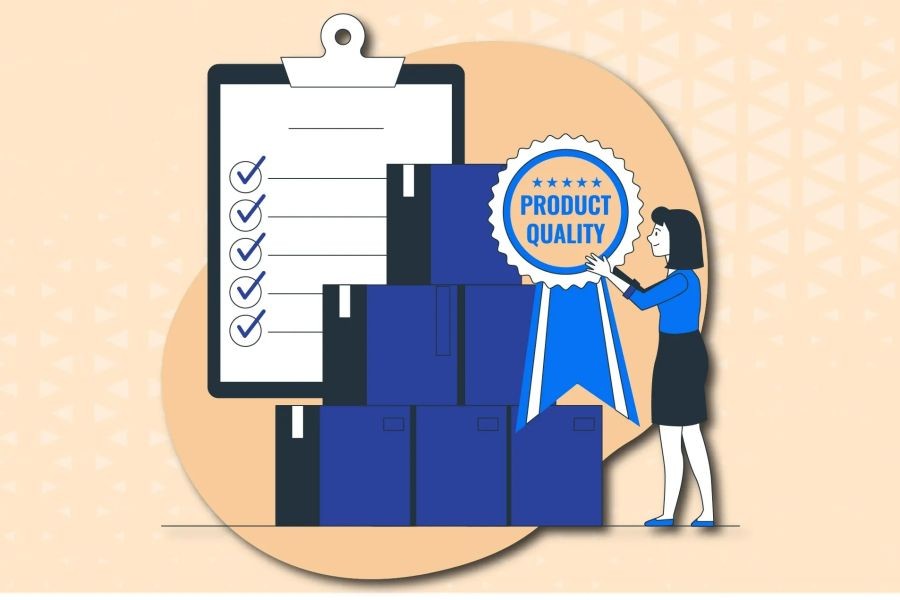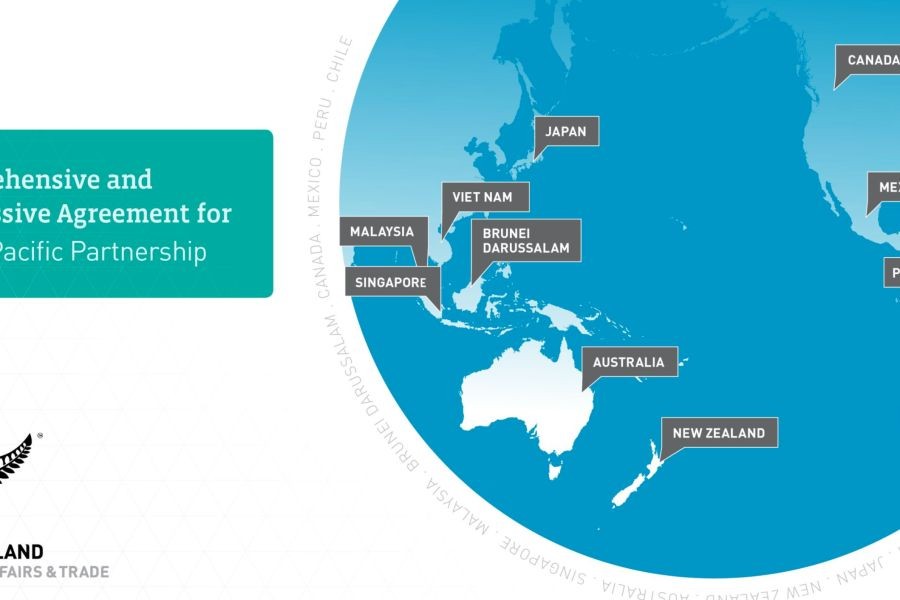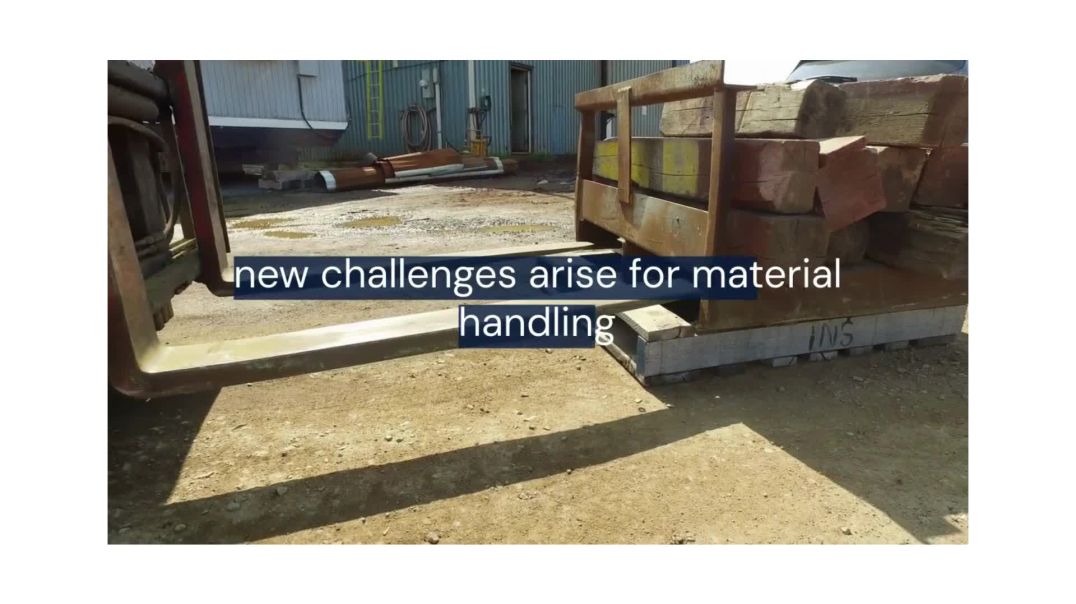Introduction
Imagine starting a business with a can-do attitude, only to find that the very mindset that fuelled your entrepreneurial spirit might be holding you back. This is a reality for many Kiwi entrepreneurs, deeply ingrained in the "Number 8 Wire Mentality." While this resourceful, do-it-yourself approach has historically been a hallmark of New Zealand ingenuity, it may also be an impediment in the modern business landscape. As global competition intensifies and technology evolves, clinging to this mentality could mean missing out on opportunities for growth and innovation. Recent data from Stats NZ reveals that 78% of New Zealand small businesses struggle with scalability, a key factor in long-term success. It’s time to reassess how this mentality impacts Kiwi entrepreneurs and explore strategies to overcome its limitations.
Understanding the Number 8 Wire Mentality
The "Number 8 Wire Mentality" is a cultural emblem in New Zealand, symbolizing the resourcefulness of Kiwis who historically used the wire to fix almost anything. While this mindset fosters creativity and problem-solving, it can also lead to a reluctance to seek external help or adopt new technologies. In a world where collaboration and innovation are critical, this mindset might limit New Zealand businesses' potential to thrive.
Case Study: Xero – Breaking the Mold
Founded in 2006, Xero is a New Zealand-based accounting software company that has successfully transcended the traditional Number 8 Wire approach by embracing innovation and collaboration.
Problem: Xero faced the challenge of competing in the crowded global accounting software market, where established giants like QuickBooks dominated.
Action: Instead of relying solely on traditional methods, Xero invested heavily in cloud technology and focused on integrating with other platforms to enhance its offerings. The company adopted a global mindset, expanding into international markets and collaborating with partners worldwide.
Result: Xero now serves more than 2.7 million subscribers globally, with revenues exceeding NZD 1 billion in 2023. This success highlights the importance of adopting a forward-thinking approach rather than relying solely on the Number 8 Wire mentality.
Takeaway: Kiwi businesses can learn from Xero's example by embracing collaboration and innovation to expand their reach and impact.
Data-Driven Analysis: The Impact on New Zealand's Economy
According to a report from the Ministry of Business, Innovation, and Employment (MBIE), New Zealand's business sector is facing significant challenges in scaling and innovation. The report highlights that only 30% of small businesses in New Zealand engage in exporting, compared to 50% in other OECD countries. This lack of international engagement can be attributed to the Number 8 Wire mentality, which emphasizes self-reliance over seeking external growth opportunities.
Moreover, the Reserve Bank of New Zealand notes that the country's GDP growth is slowing, partly due to limited innovation and export activities. This trend suggests that the entrepreneurial landscape needs a strategic shift to compete globally.
Pros vs. Cons of the Number 8 Wire Mentality
✅ Pros:
- Resourcefulness: Encourages problem-solving and creativity.
- Cost-Efficiency: Promotes finding practical, low-cost solutions.
- Adaptability: Helps businesses quickly adjust to challenges.
❌ Cons:
- Resistance to Change: Limits adoption of new technologies and practices.
- Isolation: Reduces opportunities for collaboration and growth.
- Scalability Issues: Hinders business expansion and international competitiveness.
Common Myths & Mistakes
Many Kiwi entrepreneurs believe that the Number 8 Wire mentality is the key to business success. However, this belief can lead to several costly mistakes:
Myth: "DIY is always the best option." Reality: Collaborating with experts can lead to more innovative solutions and better business outcomes.
Myth: "Sticking to tradition is essential." Reality: Embracing new technologies and methodologies can significantly enhance efficiency and competitiveness.
Myth: "Local markets are sufficient for growth." Reality: Expanding into international markets offers broader opportunities for scaling and revenue generation.
The Future of Entrepreneurship in New Zealand
Looking ahead, New Zealand's entrepreneurial landscape must evolve to stay competitive. According to a 2024 Deloitte report, embracing digital transformation and fostering international partnerships will be crucial for businesses aiming to scale. By 2028, it is projected that 60% of Kiwi businesses will rely on artificial intelligence and automation to enhance productivity and competitiveness.
Moreover, government initiatives such as the "Innovate NZ" program aim to support businesses in adopting cutting-edge technologies and expanding into international markets. These efforts signify a shift towards a more collaborative and innovation-driven business environment.
Final Takeaways
- The Number 8 Wire mentality, while resourceful, can hinder growth and innovation in today's global economy.
- Businesses should prioritize collaboration, technology adoption, and international expansion to remain competitive.
- Case studies like Xero demonstrate the benefits of embracing a forward-thinking approach.
- Government initiatives and digital transformation are paving the way for a more competitive entrepreneurial landscape in New Zealand.
As Kiwi entrepreneurs navigate the evolving business landscape, they must balance the strengths of the Number 8 Wire mentality with a willingness to innovate and collaborate. By doing so, they can unlock new opportunities for growth and success. What strategies will you adopt to ensure your business thrives in the modern economy? Share your thoughts in the comments below!
People Also Ask (FAQ)
How does the Number 8 Wire mentality impact New Zealand businesses?While it fosters creativity, it can limit scalability and innovation by discouraging collaboration and technology adoption.
What are the biggest misconceptions about the Number 8 Wire mentality?Many believe it's the best approach for all challenges, but in reality, collaboration and innovation often yield better outcomes.
What upcoming changes in New Zealand could affect entrepreneurship?Government initiatives like "Innovate NZ" are encouraging digital transformation and international expansion, impacting future business strategies.
Related Search Queries
- New Zealand entrepreneurship challenges
- Innovative business strategies in New Zealand
- Number 8 Wire mentality pros and cons
- Kiwi businesses and international expansion
- Digital transformation in New Zealand
- Government support for entrepreneurs in NZ
- Scalability issues in NZ small businesses
- Collaborative business strategies in New Zealand
- Impact of technology on Kiwi businesses
- Future of entrepreneurship in New Zealand






























